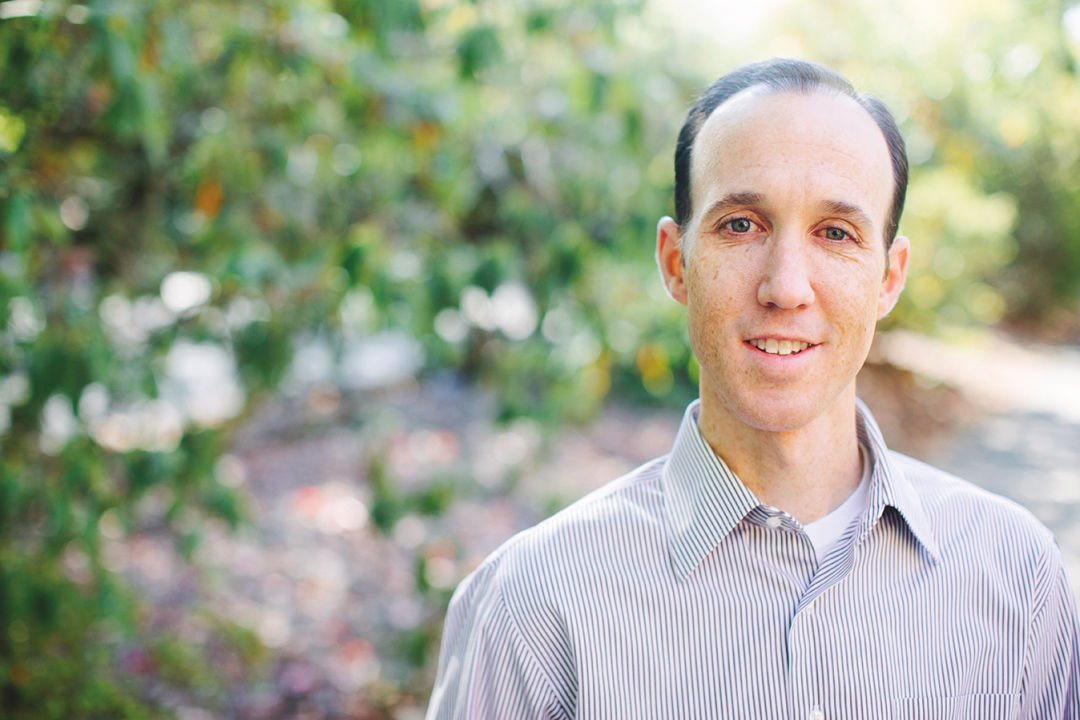An Oregon Scientist Breaks Down His Suddenly Hot Profession

"Nothing about coronavirus has been predictable," says Jeffrey Bethel. "We are learning more and more about it all the time, and this has been a very dynamic response—adapting our response as information comes in."
Epidemiologists—or “epis,” as Oregon State University’s Jeffrey Bethel calls the fellow scientists in his field—are having a moment. Epis (we’ll run with it, Jeff) study diseases not necessarily under a microscope but on a population level: how they spread, how they’re contained, how they affect behavior. We asked Bethel what the coronavirus looks like through his eyes.
What is your area of expertise?
Way back, in the early part of this year, my research was focused on the intersection of infectious diseases and natural disasters or severe weather events or climate change. I’ve always worked on disaster-related research. COVID-19, which is obviously an infectious disease, and also a natural disaster—my interests aligned with responding to the pandemic.
Was there anything in your research that prepared you for the pandemic?
Nothing about coronavirus has been predictable. We are learning more and more about it all the time, and this has been a very dynamic response—adapting our response as information comes in. The distribution of coronavirus, people living without symptoms, the ability of people to transmit the illness at different stages. We keep learning all the time. We’re also learning how long quarantine needs to last, what the definition of a “close contact” is—those definitions will continue to evolve.
Will climate change mean we’re going to see more pandemics?
We’ve had pandemics—not this severe—roughly every 20 to 30 years in the 20th century, and into the 21st.... In terms of climate change, vector-born and tick-born diseases are something we’re going to need to pay attention to. As the reach of different vectors expands due to climate change, the ability for different pathogens to be transmitted will change. But vector-born diseases are very different in terms of management and control than something that spreads person to person.
If someone made epis the uncontested overlords of Oregon for a week, what would you do?
If we can get widespread compliance with wearing face coverings, that will go a long way, as well as social distancing and handwashing.... [Also] these are tried-and-true public health approaches: rapid detection, isolating cases, and quarantining contacts. Those approaches have been around for a long time and they’re very effective. But public health needs the resources, and the compliance from the community.




